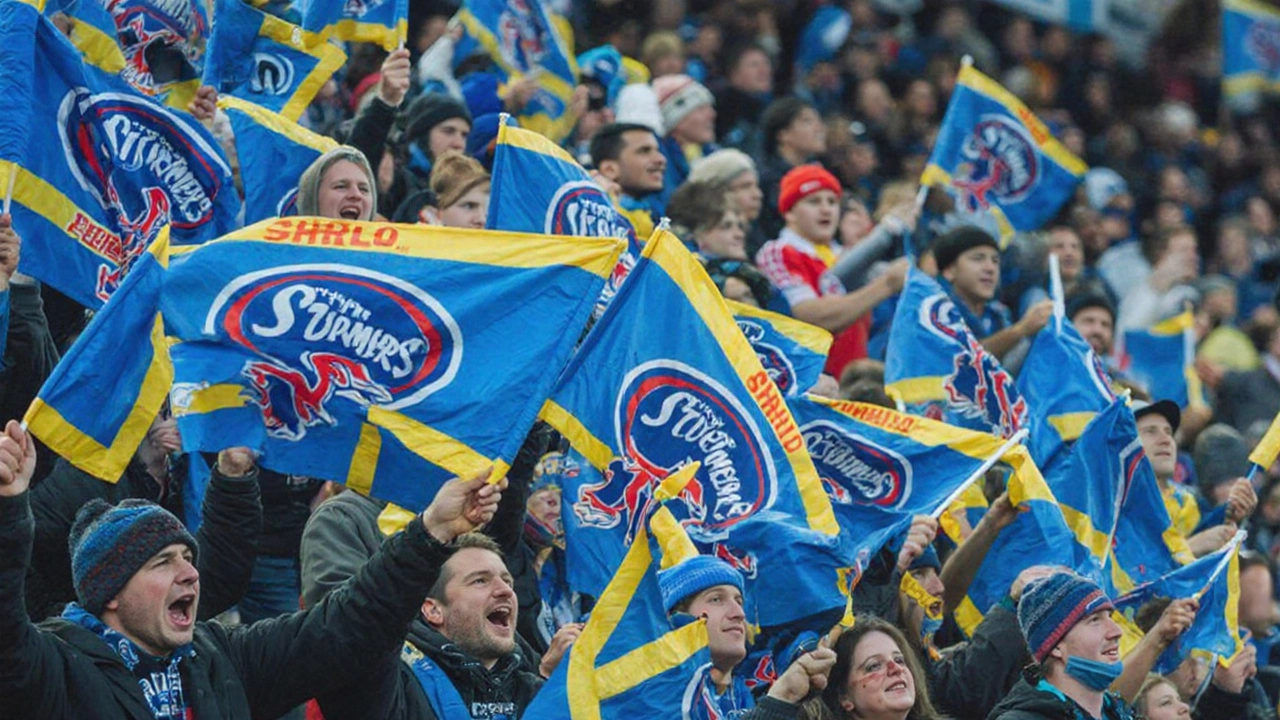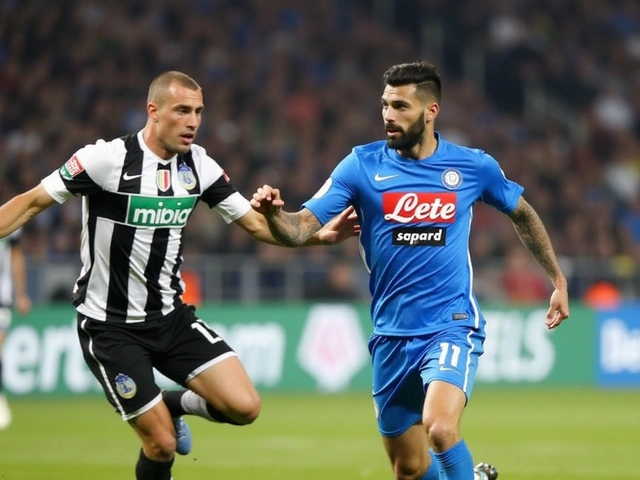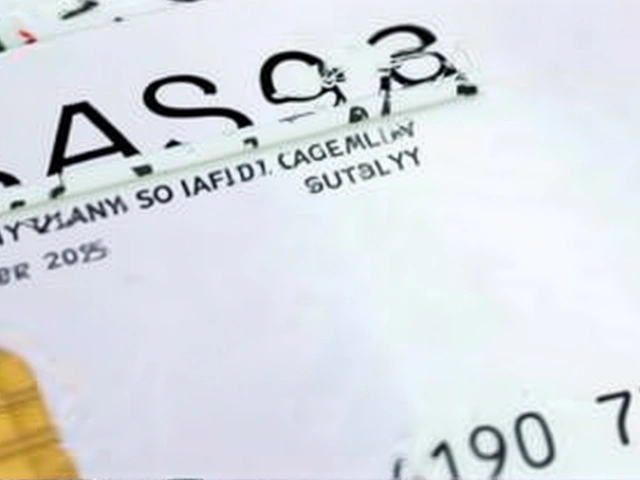South African Rugby Youth: What’s Happening Right Now
If you love rugby, the future of the sport in South Africa lies in the hands of the kids playing on school fields and community pitches. Every week new names pop up, tournaments shift, and development programmes adjust to give youngsters a better shot at going pro. Below you’ll find the most useful info to keep you in the loop – from the biggest youth contests to how a kid can climb the ladder to the senior national team.
Top Youth Tournaments to Watch
The first place you’ll spot future Springboks is at the Craven Week and the Under‑18 Academy Week. Both events bring provincial squads together and attract scouts from the United Rugby Championship franchises. This year the Craven Week in Bloemfontein featured a surprising upset – the Border U18 side beat the powerhouse Western Province in the final, putting several Border players on the radar of the Sharks’ academy.
Another hot ticket is the Schoolboy Sevens Series, which runs over three weekends in Gauteng. Sevens is a great showcase because speed and skill stand out quickly, and many senior players credit their early sevens experience for their agility in the 15‑a‑side game. If you can’t attend in person, live streams are often shared on the SARU YouTube channel.
How Young Players Reach the Pro Level
Getting noticed isn’t just about scoring tries. Coaches look for discipline, game sense, and the willingness to improve. Most provincial unions run talent‑identification camps during school holidays – the key is to attend and bring a good attitude. At these camps, players are tested on fitness, tackling technique, and decision‑making under pressure.
After a camp, promising players are offered a spot in an academy. Academies provide strength‑and‑conditioning guidance, video analysis sessions, and mentorship from former Springboks. A common pitfall is ignoring the academic side; most contracts require a basic education level, so balancing school work with training is essential.
Parents and players should also watch out for private clubs that promise fast‑track deals but lack proper SARU accreditation. Sticking with recognized unions ensures you get proper medical support, insurance, and a clear route to senior rugby.
For those living outside major rugby hubs, community clubs play a huge role. Clubs like the Cape Town Harlequins junior section run weekly skills clinics, and many of their alumni have gone on to play provincial rugby. Getting involved at a local club gives you match experience and the chance to be seen by regional selectors.
Finally, the internet is a tool you can’t ignore. Posting highlight reels on platforms like YouTube or Instagram, with a short caption and proper hashtags (#SAYouthRugby, #FutureSpringboks), can catch the eye of scouts who browse online. Keep the videos short, focus on one skill per clip, and make sure the lighting is clear – a few seconds of a clean tackle often says more than a full‑game montage.
Bottom line: the South African rugby youth scene is buzzing with talent, but turning potential into a professional career takes more than raw skill. Attend the right tournaments, join a reputable academy, stay disciplined in school, and use social media wisely. Keep an eye on the Craven Week results, and you’ll soon know which youngsters will be wearing the green and gold on the world stage.

Stormers lock in wave of schoolboy talent ahead of 2026 campaign
The DHL Stormers have secured eleven of South Africa's top school‑level rugby prospects for the 2026 season. Leads the group are Paarl Gimnasium centre Markus Muller and loose‑forward Quintin Potgieter. Director of Rugby John Dobson says the signings underline a renewed focus on home‑grown talent, a strategy that has already produced Springboks like Damian Willemse. More additions are expected as the franchise builds a sustainable talent pipeline.
Categories
- Sports (146)
- Politics (22)
- Entertainment (20)
- World (15)
- News (10)
- Lifestyle (8)
- Business (6)
- Technology (3)
- Health (3)
- Environment (2)



